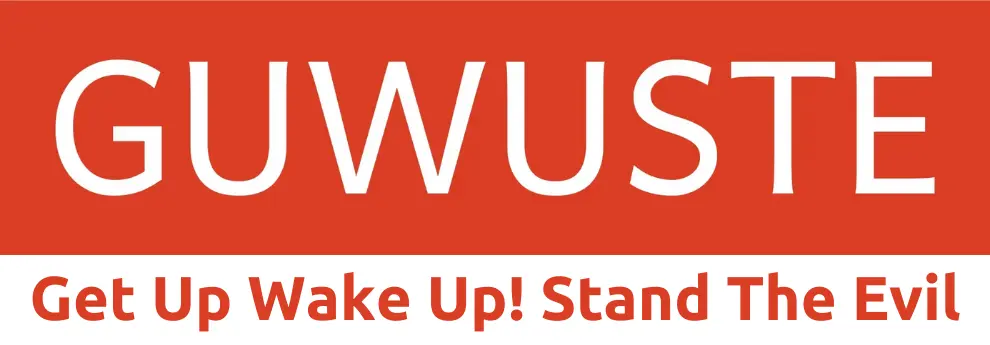FDA: The Deadly Approval Mechanism of Big Pharma?
26 Aug 2025
- Share:

FDA: The Deadly Approval Mechanism of Big Pharma?
Most of us believe that institutions like the Food and Drug Administration (FDA) meticulously test and approve drugs and vaccines. This is a great misconception. The FDA does not directly conduct reliability tests of products; instead, it reviews the test results submitted by pharmaceutical companies themselves and grants approval accordingly. Vaccines and drugs do not undergo independent laboratory audits; therefore, they are not subjected to real safety tests. Products are only tested by their manufacturers, and the results of field trials are not sufficiently questioned regarding their safety.
While the functioning suggests that the FDA is not independent and impartial, it also raises the suspicion of a dark picture regarding how global health policies are shaped. Many countries, including Turkey, determine their health policies by referencing FDA approvals, and ignoring this fundamental truth can come at a heavy price.
COVID-19 Pandemic: Collapse of Trust and Networks of Interest
The widespread belief that the FDA is completely independent of pharmaceutical companies took a heavy blow, especially during the COVID-19 pandemic. The institution's approval of Pfizer vaccines in just 108 days, while simultaneously demanding an incredible 55 years from the court to share the vaccine licensing data with the public, caused great outrage and loss of trust in society.
Furthermore, the revelation that some members of the FDA committee who approved Pfizer vaccines for children aged 5 to 11 had clear connections with Pfizer highlights conflicts of interest, casting a shadow over the transparency of the FDA's decision-making processes and revealing the networks of interest behind global health policies. In Turkey, vaccine procurement processes and approval mechanisms also suffered from the global cloud of suspicion. The question marks in the public's mind created awareness that not only local but also global actors should be questioned.
Repetition of History: Swine Flu and Drug Scandals
The weaknesses and potential risks in the FDA's oversight mechanisms are also concretized by events from the dusty pages of history. The 2009 swine flu pandemic is one striking example. The World Health Organization (WHO) changed the definition of a pandemic, removing the condition of "high mortality rate caused by virus infection" and instead accepting only "transmission rate/number of cases" as a criterion. Following the change, the WHO declared swine flu a pandemic, and the vaccines of some pharmaceutical companies were rapidly released to the market.
However, the vaccines caused serious harm, from severe allergic reactions to narcolepsy, and had to be recalled in European countries. The FDA had also approved the vaccines. The research proposal titled "Is swine flu a fake epidemic?" by the then President of the Council of Europe's Committee on Social, Health and Family Affairs, and the explicit admission by the then director of the WHO's epidemiology unit that swine flu was a "fake pandemic," revealed how questionable the decisions of global health authorities can be. Our country also procured vaccines during that period and faced similar risks to public health.
Dark Spots of the Pharmaceutical Industry: Warnings from the Past
Many tragic cases have also occurred in the pharmaceutical sector due to deficiencies in FDA approval processes. These cases are bitter examples of how human health can be disregarded:
THALIDOMIDE; It was a drug distributed for pregnancy nausea without passing reproductive toxicology tests, causing countless birth defects; the FDA condoned its distribution.
DES; It was another scandal marketed as preventing miscarriages, but decades later, it caused many serious health problems in women, including vaginal cancer.
DARVON/DARVOCET; Although it was an opioid painkiller approved in 1957, it caused heart attacks even at recommended low doses, but the FDA stubbornly refused to withdraw its approval until 2010.
VIOXX; It was a drug approved in 1999, claiming to treat arthritis pain, but after quickly causing heart attacks, strokes, and deaths, it was removed from the market by Merck in 2004 without FDA approval being withdrawn.
TAMOXIFEN; Finally, although it was declared carcinogenic by the WHO in 1996 and shown to cause many diseases from liver cancer to uterine cancer, it is still used today as FDA-approved for certain types of breast cancer despite its "sterilizing" effect.
In conclusion; while revealing the contradiction between scientific data and regulatory decisions, it also shows that the use and supervision of drugs in Turkey remain in the shadow of global standards.
FDA's drug and vaccine approvals do not guarantee the absolute reliability of the products, and there are strong allegations of conflicts of interest with pharmaceutical companies. The decisions of regulatory bodies such as the FDA and WHO require in-depth questioning about their effects on public health, and should be evaluated and continued to be questioned, especially with the licensing processes of COVID-19 vaccines that emerged during the Planned Pandemic.
Gül Temel






